Immigration
How VAWA (Violence Against Women Act) Affects Citizenship
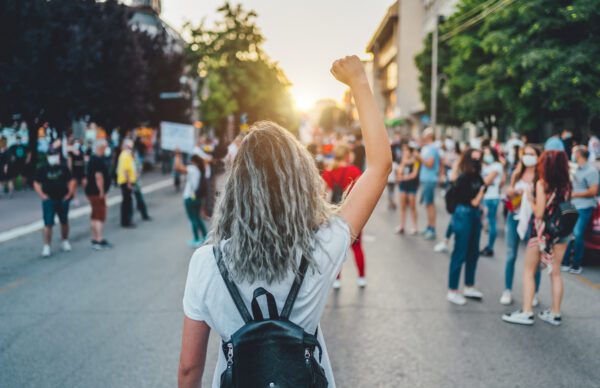
The Violence Against Women Act (VAWA) is a critical piece of legislation that has transformed the lives of countless immigrant victims of domestic violence, sexual assault, and other forms of abuse. VAWA offers important protections and avenues for vulnerable individuals, allowing them to seek justice and safety without fear of deportation. VAWA ensures that no one is forced to stay in harmful situations due to their immigration status.
Read more about How VAWA (Violence Against Women Act) Affects Citizenship
Relative Petitions Through U.S. Citizen Parents and Siblings

Family reunification is a fundamental pillar of U.S. immigration law. It recognizes the vital role that family plays in our society. The process aims to keep families together by providing a pathway for relatives of U.S. citizens to achieve permanent residency. This process strengthens familial bonds and contributes to the nation’s cultural diversity and social fabric.
Read more about Relative Petitions Through U.S. Citizen Parents and Siblings
How Asylum Applications Work

Asylum is protection granted by our nation to persons who have left their native country to escape persecution. The asylum application process was mandated by the Refugee Act of 1980. You can only apply for asylum if you are physically present in the United States and not a U.S. citizen. There are two types of asylum applications:
Read more about How Asylum Applications Work
Everything You Need to Know About U Visas
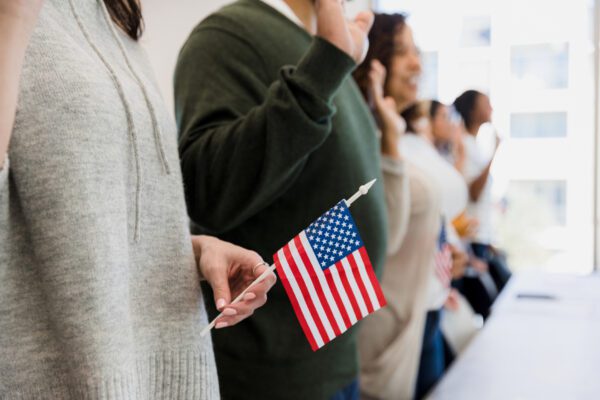
Noncitizens who have been victims of certain crimes and are willing and able to be helpful to law enforcement may be eligible for U Visas. The purpose of the U Visa program is to protect noncitizen victims of serious crimes and to promote cooperation between victims and law enforcement. An experienced Glendale immigration lawyer can advise you on eligibility for a U Visa.
Read more about Everything You Need to Know About U Visas
Fiancé Visas 101

If you are a U.S. citizen, you can sponsor your foreign fiancé to come to the country on a K-1 visa. These visas give couples a 90-day window in which they can be married in the United States. Afterward, the newly wedded spouse can adjust their status to become a legal permanent resident. For legal assistance with a fiancé visa, contact Aratta Law Firm at (818) 550-1111.
Read more about Fiancé Visas 101
Legal Permanent Residency Through Marriage with a U.S. Citizen

Although marrying a United States citizen is a faster path to becoming a permanent resident, it is not automatic and requires many steps. Given how closely examined these marriages are, it is crucial to avoid making any errors. Most importantly, your marriage must be bona fide, and you must provide evidence to prove it. In addition, to achieve permanent residency status, your spouse must be at least 18 years old.
Read more about Legal Permanent Residency Through Marriage with a U.S. Citizen
The cost of applying for U.S. citizenship is dramatically increasing
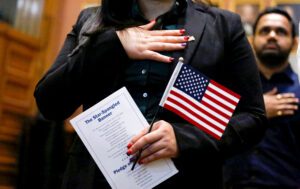
By Daniel Gonzalez Arizona Republic – USA Today: PHOENIX – It’s going to cost more to apply for U.S. citizenship. A lot more.
Read more about The cost of applying for U.S. citizenship is dramatically increasing
Federal judge blocks Trump immigration ‘public charge’ rule due to pandemic
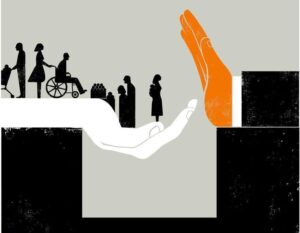
BY NATHANIEL WEIXEL – 07/29/20 07:12 PM EDT (THE HILL) The Trump administration’s controversial “public charge” rule linking immigrants’ legal status to their use of public benefits on Wednesday was blocked by a federal judge.
Read more about Federal judge blocks Trump immigration ‘public charge’ rule due to pandemic
Supreme Court blocks Trump plan to end DACA program
BY JOHN KRUZEL – 06/18/20 10:07 AM EDT – THE HILL. The Supreme Court ruled on Thursday to block the Trump administration from ending an Obama-era program that shields nearly 700,000 young undocumented immigrants from deportation, upending a key feature of President Trump’s immigration agenda.
Read more about Supreme Court blocks Trump plan to end DACA program
USCIS Preparing to Resume Public Services on June 4
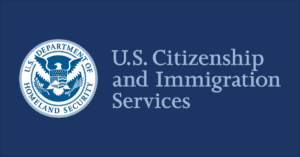
U.S. Citizenship and Immigration Services is preparing some domestic offices to reopen and resume non-emergency public services on or after June 4.
Read more about USCIS Preparing to Resume Public Services on June 4